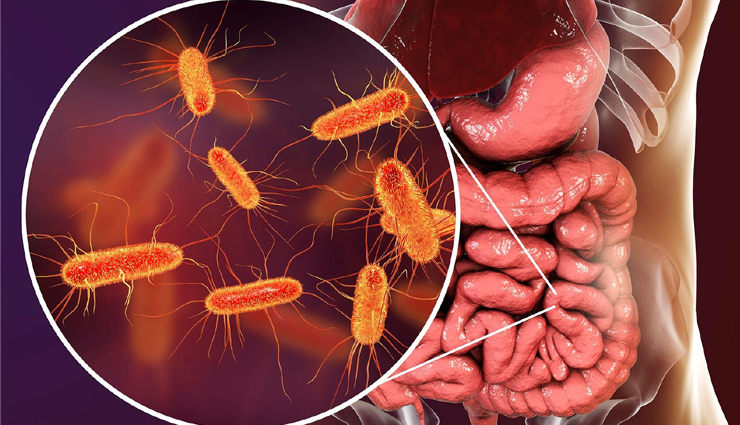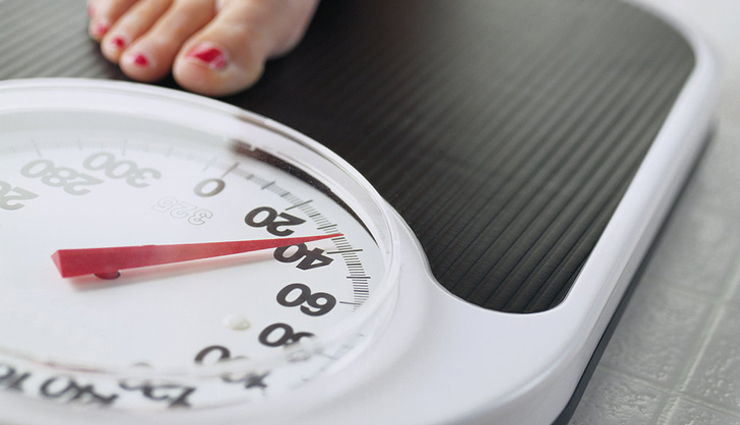- Home›
- Healthy Living›
- 5 Signs You Have An Unhealthy Gut
5 Signs You Have An Unhealthy Gut
By: Priyanka Maheshwari Tue, 07 Mar 2023 11:13:13

In the past, science considered the human digestive system a primitive system: foods pass through one long tube, is absorbed, then excreted in the form of waste.
The term “gut microbiome” has come to light in modern science. It refers to the microorganisms residing in the human intestines. Few types of these microorganisms are harmful, whereas many are incredibly beneficial and necessary for a healthy body. Unfortunately, many facets of modern life such as stress, processed food, or lack of sleep damage the gut microbiome, resulting in an unhealthy gut and eventually impacting numerous aspects of the whole body such as brain, heart, skin, or weight.

Here are 5 signs of an unhealthy gut:
# Stomach & Food Intolerance
Stomach disturbances make it more difficult to process food and eliminate waste. Common symptoms include:
Bloating
Diarrhea
Gas
Constipation
Heartburn
The above symptoms and the imbalanced levels of gut bacteria can be responsible for the development of irritable bowel syndrome (IBS) in some people.
The poor quality of the gut microbiome may also cause food intolerance. Unlike a food allergy, – an immune reaction is triggered when a person takes certain foods. Food intolerance refer to the difficulty digesting certain foods with symptoms such as cramping, diarrhea, abdominal pain, nausea, and acid reflux.

# Unintentional Weight Changes
Unintentional weight change is another hallmark of digestive problems: an unhealthy gut can impact how the body regulates blood sugar levels, stores fat, or absorbs nutrients.
While small intestinal bacterial overgrowth (SIBO) is the general factor behind sudden weight loss, insulin resistance, or the urge to overeat due to decreased nutrient absorption may cause a person to gain weight uncontrollably.
High-sugar and processed foods can impair your gut the same way and leave further damage due to increased sugar cravings. A Western-style diet high in fat and refined carbohydrates may promote SIBO and potentially leads to obesity.

# Sleep Disturbances
The gut is responsible for producing most of the body’s serotonin, a hormone that regulates sleep and mood.
As a result, insomnia, poor quality sleep, or chronic fatigue all show an unhealthy digestive system. Sleep disturbances also pose the risks of fibromyalgia.
Definition: Fibromyalgia is a chronic condition that causes general fatigue, sleep and cognitive disturbances, pain in the muscles and bones (musculoskeletal pain), and areas of tenderness.

# Skin Irritation
The gut microbiome influences the skin through complex immune mechanisms. Poor diet or food allergies cause gut inflammation, which triggers increased “leaking” of some proteins out into the body. “Protein leaks” irritate the skin and cause eczema and other skin conditions.

# Autoimmune Conditions
Medical researchers have found new evidence of the impact of the gut on the immune system. An unhealthy gut promotes increased inflammation and alters immunity functioning, causing autoimmune diseases like type 1 diabetes.





